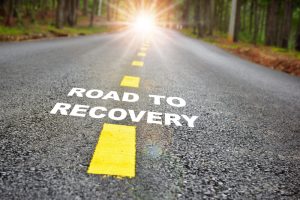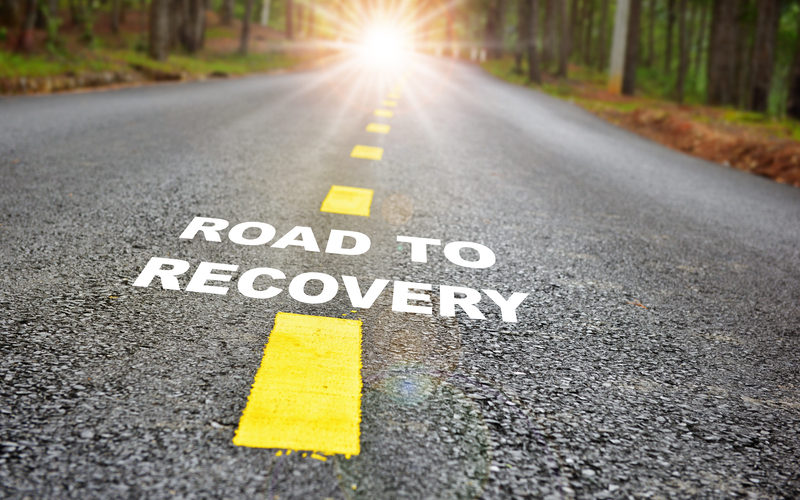 Alcohol abuse can sneak up on us later in life, experts say. Many people lose their partners, job-associated identity, and a sense of purpose that had guided them for decades, and some can develop or worsen a drinking problem.
Alcohol abuse can sneak up on us later in life, experts say. Many people lose their partners, job-associated identity, and a sense of purpose that had guided them for decades, and some can develop or worsen a drinking problem.
The pandemic, and the isolation it brought, led millions of older adults to drink more, surveys found.
Now, with the annual Alcohol Awareness Month in April, it’s a good time to point out signs of possible trouble for people later in life. And to share the good news about the positive role regular exercise can play in overcoming a drinking problem.
We don’t metabolize alcohol and drugs as quickly as when we were younger, doctors say. So, what we could “handle” earlier in life can become a problem later.
Exercise can be a helpful part of recovery, along with 12-step programs, counseling, and medical and family support. Potential problem signs include: drinking quickly; hiding consumption; getting hurt while drinking; and a decline in self-care.
“Many patients with various substance use disorders have found that exercise helps to distract them from cravings,” Dr. Claire Twark wrote for the Harvard Medical School. “Workouts add structure to the day. They help with forming positive social connections and help treat depression and anxiety in combination with other therapies.”
If you have a concern, contact your doctor, counselor or Alcoholics Anonymous, phone (800) 839-1686.
Holly Kouvo is a personal trainer, functional aging specialist, senior fitness specialist, brain health trainer, writer, and speaker.

